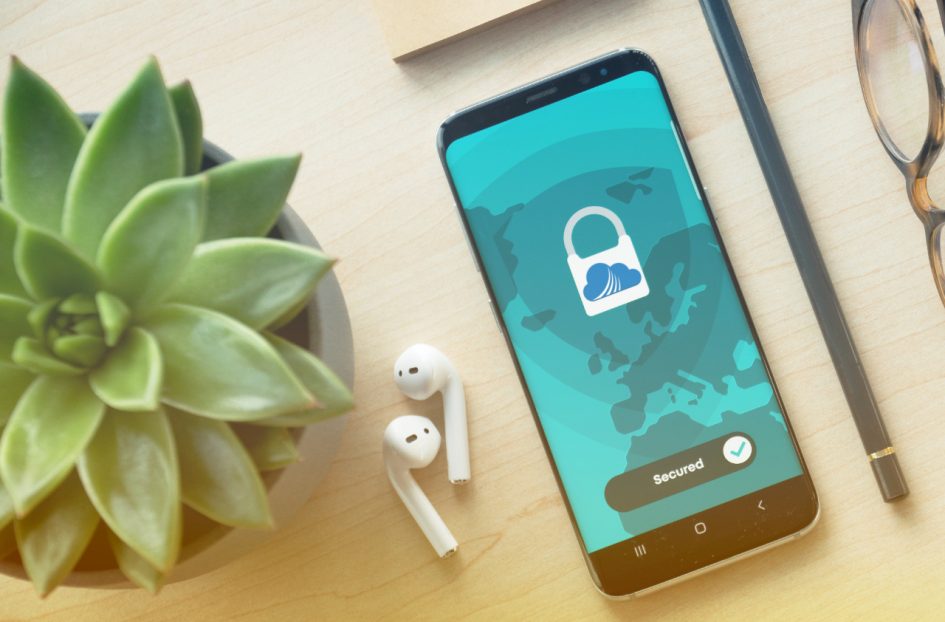Being able to transact business over the internet is a great convenience most of us have come to enjoy. But you need to be able to protect your info online while doing so. We have the ability to purchase all kinds of goods and services right from the comfort of our own homes. Never has this convenience been more noticeable than now, given the current state of affairs in Canada due to the COVID19 pandemic lockdown. Unfortunately, there is a risk that comes from transacting any kind of business over the internet.
It doesn’t matter where technology takes us. No matter what kind of security measures merchants and credit (CR) card companies put in place, there are rogue elements out there looking for a way to beat the system. These criminals are always looking for a way to beat the system in their drive to get at your personal information. If they get, they can use it to commit payment fraud and turn your like upside down.
How Criminals Get Your Information
You should never underestimate the drive fraudsters have to steal a consumer’s personal information. What’s most troubling is consumers know very little about how fraudsters work to get the information they need or how to protect your info online.
First, you need to know what information they are targeting. Here’s is the information they will need to pull off their scams:
- CR Card Numbers and CVV number on the back
- Your home address, including Postal code
- Banking information
- Phone number if possible
- Social Insurance Number
Armed with this information, fraudsters can do a real number on your personal and or business finances. Unfortunately, Canadians aren’t getting much protection from the outdated Personal Information Protection and Electronic Documents Act (PIPEDA).
We all know about fishing emails. Fraudsters love to throw the bait out there, hoping consumers will bite. Once criminals are hooked into someone’s computer and social media accounts, it’s easy for them to get access to passwords and all kinds of other important information. After that, it’s game on as they start causing havoc and committing payment fraud.
More recently, fraudsters have started working in groups to create networks of rogue merchants. They develop nice websites that sell a wide range of goods at great prices. They use these sites as bait to get unsuspecting customers to come in and provide information.
BTW: We are seeing fraudsters use this same tactic as it relates to reservations. While restaurants and other businesses have limited capacity, it has become more common for them to request a card to hold reservations. It’s pretty easy to set up a fake business and only accept reservations from people who are willing to provide information for the hold.
How to Protect Yourself From Online Fraudsters
For the most part, fraudsters would like to get access to your credit cards and banking information. Short of being able to do that, they can use your personal information to open up credit accounts and perform other online activities. As a responsible individual, you should view this battle against online criminals as an out and out war.
The question is: “How do you protect yourself against highly motivated criminals with excellent computer skills?” Do not fret. There are steps you can take to protect your info online.
Before we go into detail about the available protection options you have, we want to start with the most obvious option. You do have the ability to never disclose personal information over the internet. You don’t have to open accounts, nor do you have to buy things through a website. If you avoid doing these kinds of internet activities, you won’t put your information at risk.
Yes, we understand that’s not very practical based on the way the Canadian and world economies operate in 2020. Keeping that in mind, we offer you these six tips on how to keep fraudsters from getting access to your personal and financial information.
1. Know Who You Are Doing Business With
If you plan on making purchases over the internet, you should confine your purchasing activities to merchants with whom you are already familiar. There is no bargain on the planet worth pursuing if it means using a merchant that comes to you out of the blue. It’s better to play it safe and pay a little more with a known merchant.
Also, you should never fulfill information requests from any vendor without contacting them in person. You can ask an innocent question like what kind of security do they maintain. By speaking with an actual person, you can get a better idea about the validity of the company before doing business with them.
2. Trust Your Gut Instincts
As a consumer, you need to develop a “sixth sense” about dealing with people on the internet to protect your info. You should be willing to ask questions of anyone before transacting business with them. They should be equally willing to answer your questions if they are part of a legitimate business. You can focus on questions like where the business is located and how long they have been in business.
If you get an uneasy feeling about what you are seeing or hearing, don’t ignore those feelings. Even if you are wrong about nefarious activities, you lose nothing by not interacting with a company.
3. Find and Use $0 Fraud Liability CR Cards
Most consumers are aware that CR cards come with a built in maximum liability of $50 on fraudulent transactions. All they have to do is contact the CR card company and report said activity. The credit card company will investigate and levy a maximum change of $50 on fraudulent charges.
What a lot of consumers don’t know is some of the major CR card issuers now offer a better product for a consumer’s protection. It’s called a $0 fraud liability card. It’s a great deal with one caveat. The consumer has a very limited time window to report fraudulent charges. If they stay within the guidelines, the consumer will have no liability for charges they did not authorize.
4. Monitor Your Credit Card and Banking Activity
Timing is everything. If someone is illegally using your CR cards or bank accounts, you can help catch criminals if you report fraudulent activities as soon as you become aware of them.
You can improve your awareness by constantly monitoring the activities on your accounts. Realistically, you can check all of your accounts over the internet within a few minutes each day.
5. Monitor Your Credit Report
While monitoring your account activity will help prevent problems with your current accounts, other things may be happening under your name. With the right information, fraudsters can get more CR cards, open up merchant accounts, and secure payday loans. These are activities you won’t catch unless you monitor your credit report.
Again, early detection is the key to minimizing your risk. Therefore, you should get in the habit of checking your credit report at lease once a month.
6. Don’t Open Emails From Unfamiliar Senders
By now, this is advice you have probably heard a hundred times. You are under no obligation to open emails. If you get one from someone you know on a personal level, you are likely safe to read those emails.
The same level of safety is not available to protect your info if you open advertising emails or personalized emails from merchants. Is anything a merchant has to offer going to be worth risking your financial stability over?
If you would like more information about how to protect yourself against fraud, please feel free to contact us at your earliest convenience.







